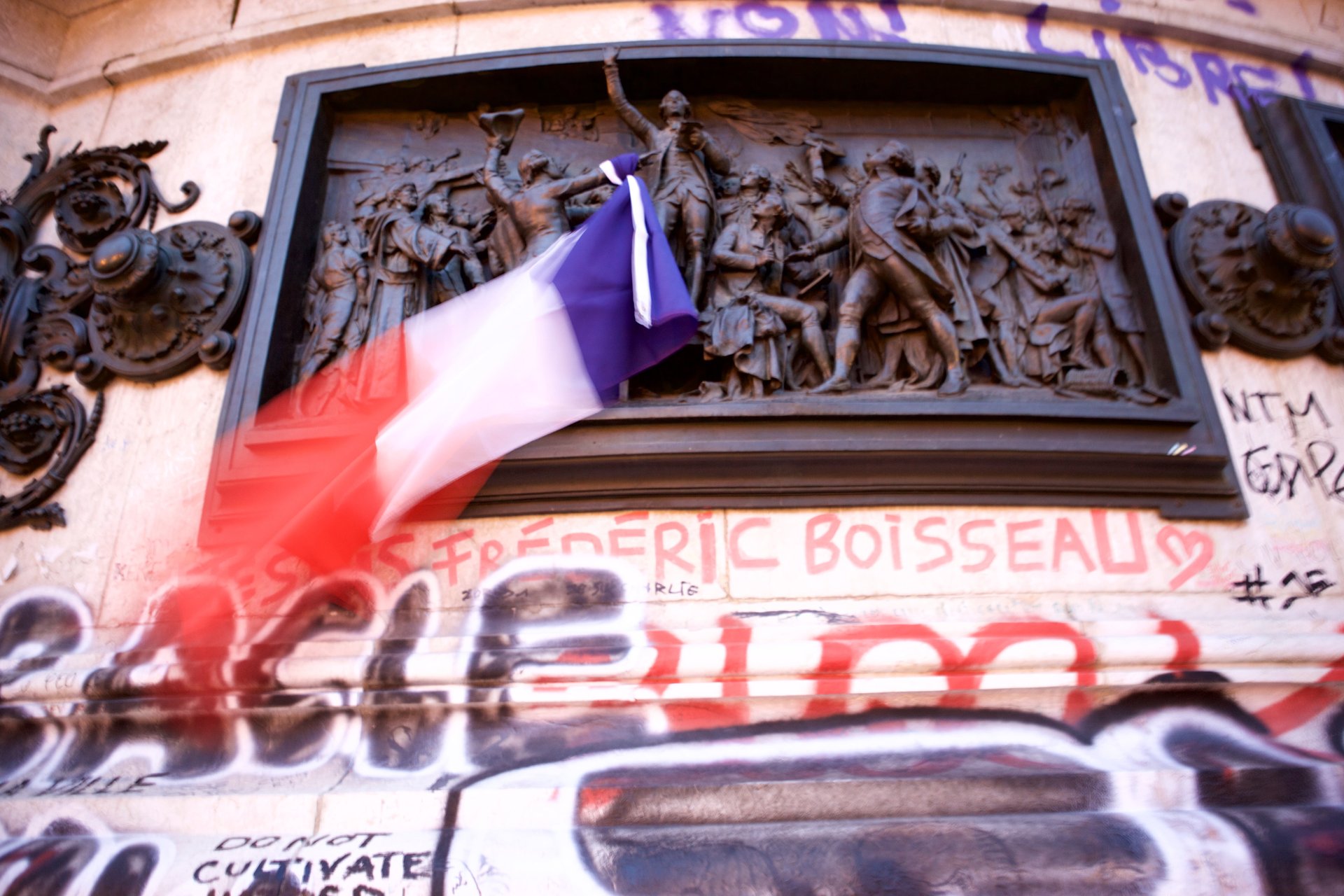Photos: Paris before and after
Dinner in the 10th arrondissement was at a neighborhood restaurant, the menu chalked onto a blackboard, the other patrons speaking in hushed tones over their tables. My friends and I remarked on how quiet it was, how European that was. Dessert came, and was then interrupted by the incessant vibrations of our phones.
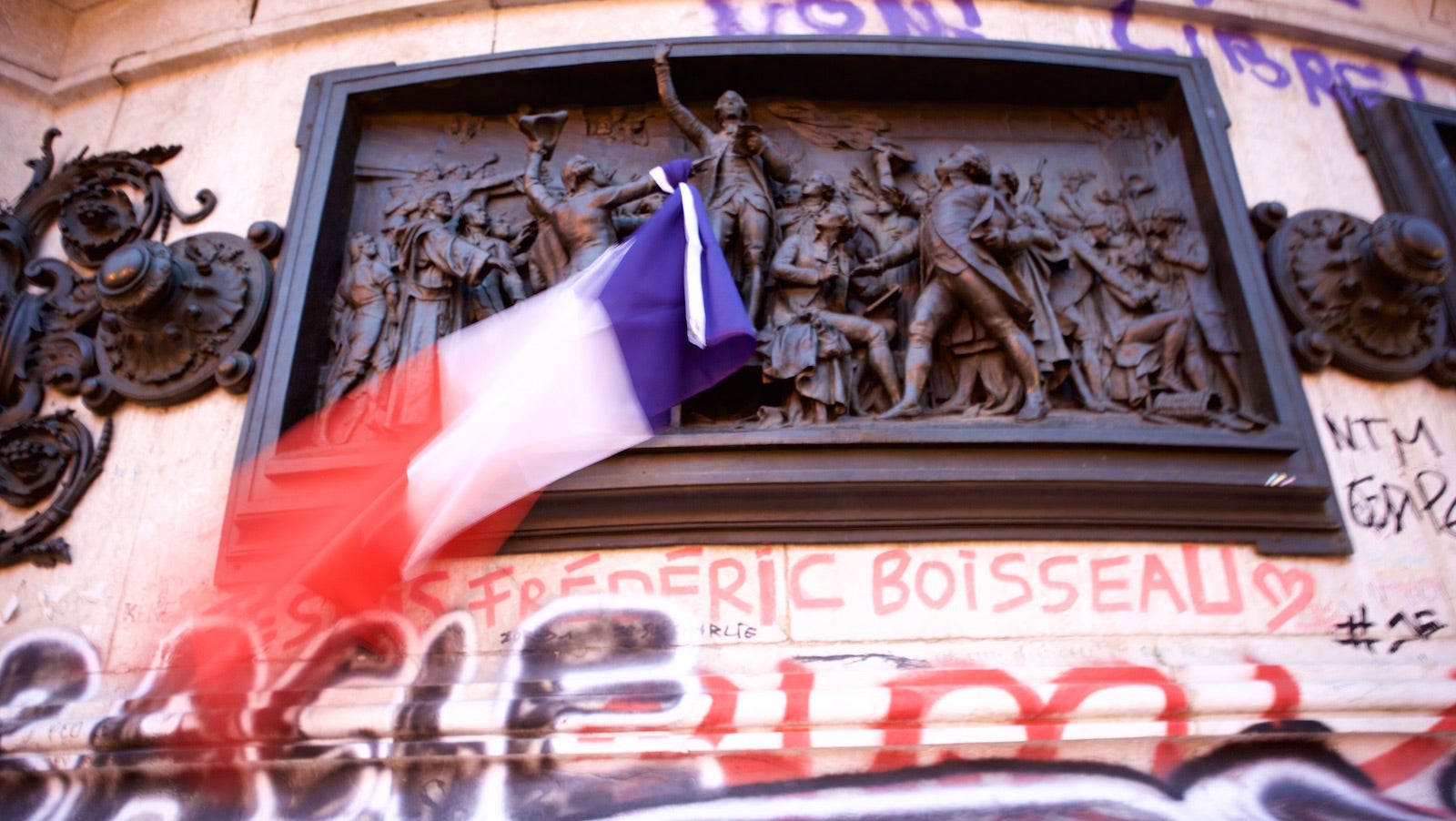

Dinner in the 10th arrondissement was at a neighborhood restaurant, the menu chalked onto a blackboard, the other patrons speaking in hushed tones over their tables. My friends and I remarked on how quiet it was, how European that was. Dessert came, and was then interrupted by the incessant vibrations of our phones.
My two dinner companions started texting and talking so quickly in French that I knew something was terribly wrong. They looked at me and said, in English, “Paris is under attack.”
Carla Bruni, outdoor cafes, red wine, a bohemian city of beauty and public sculpture; that is what I know of Paris, not Charlie Hebdo, not what I experienced Friday night.
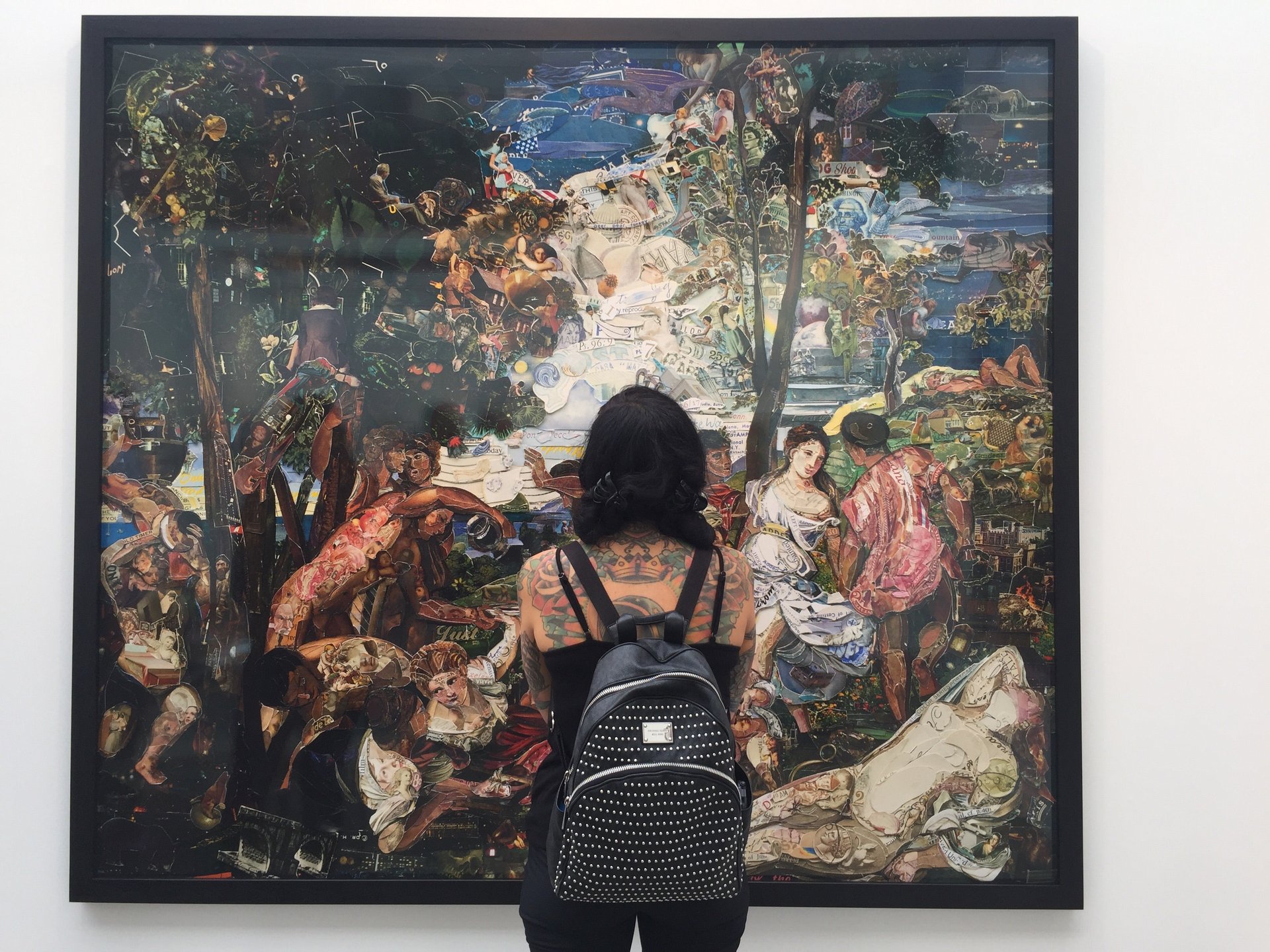
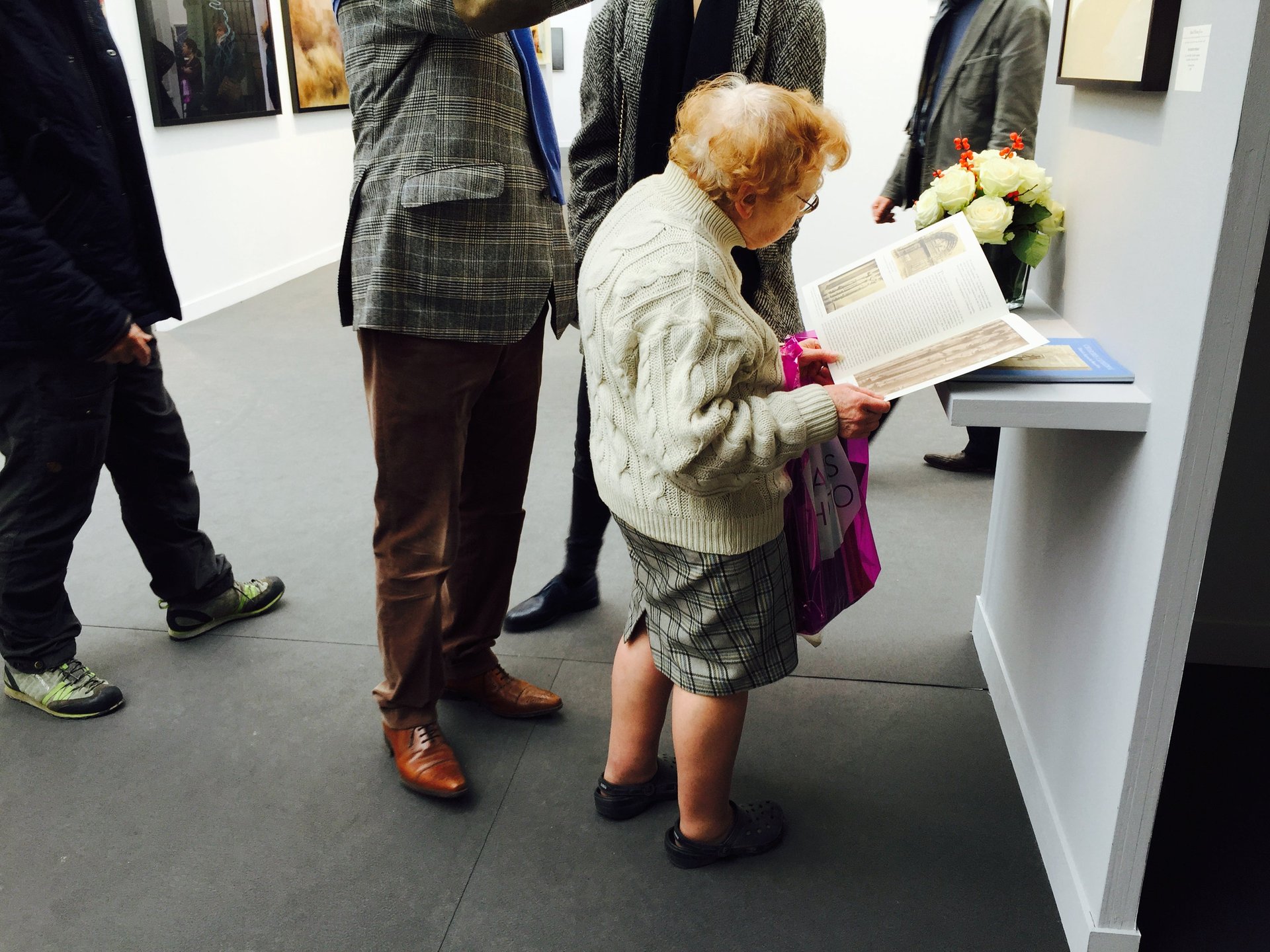
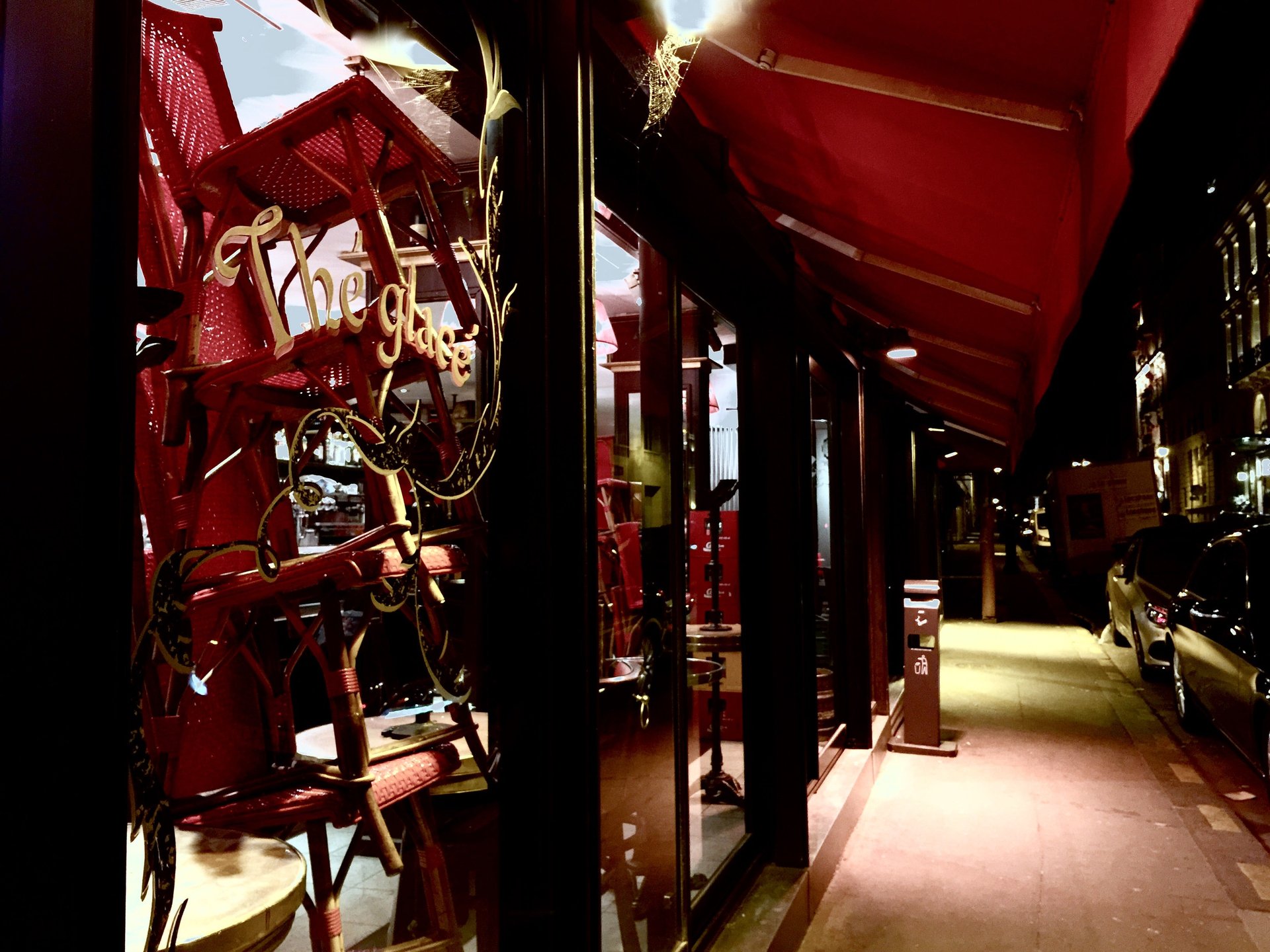
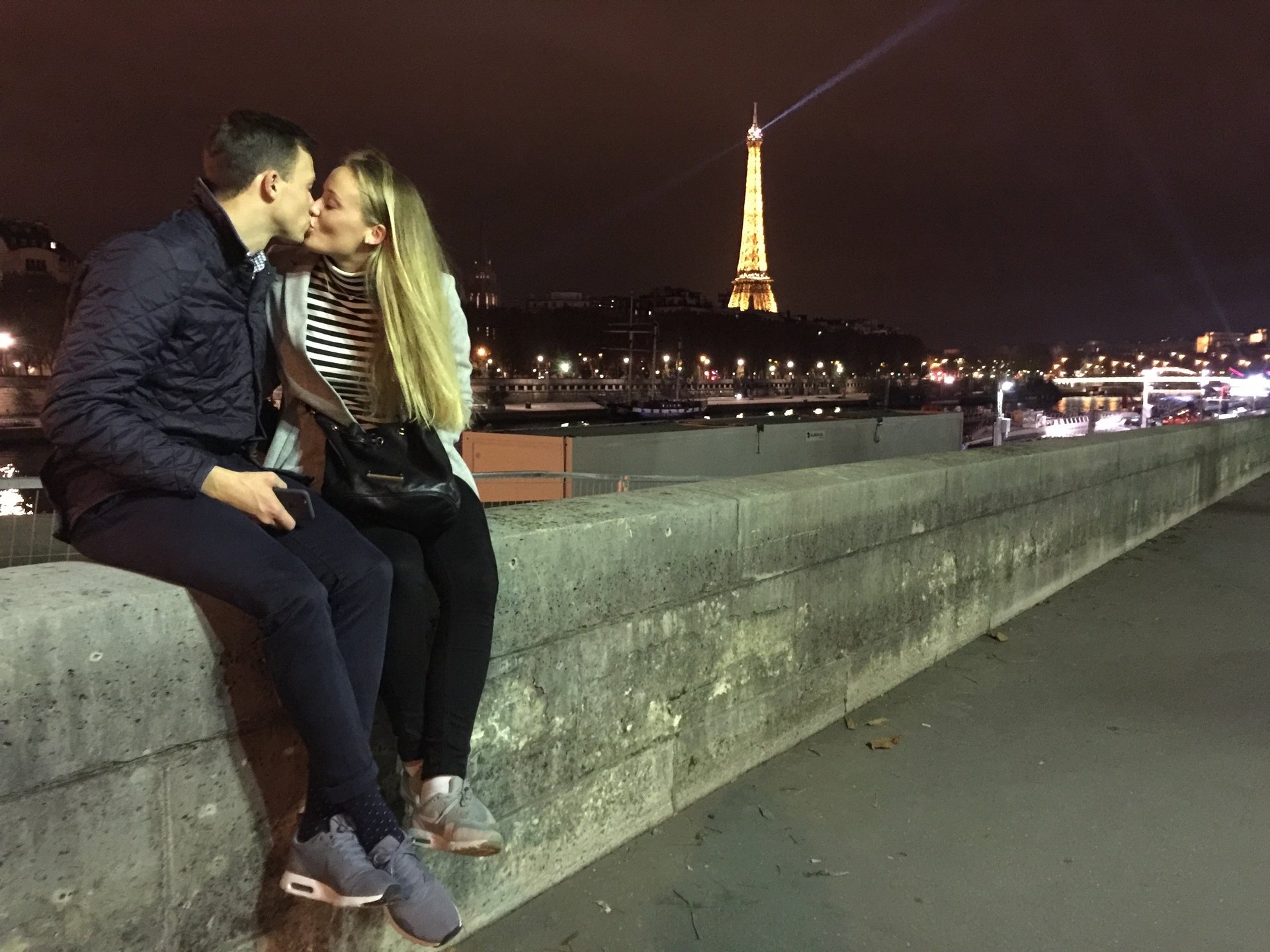
We quickly caught a cab back to my hotel. The friends I was with offered to have me stay with them, but I felt that I needed to get back to my hotel to make sure my friends were safe, to let my family know I was now far from the danger. And I wanted to get onto my computer.
My oldest son was quick to text me up-to-date information from the AP, BBC, CNN, and all the other news sources pinging his iPhone. From many time zones away, he knew where the violence was happening before I did, which was in some strange way a comfort. First it was 27, 38, 48, then there were 100 dead. That was an inconceivable number, 100 dead and 100 hostages—in this cosmopolitan paradise. I thought someone had made a mistake at the AP.
I don’t remember the drive back to the hotel. It was like a watercolor. A blur. The Eiffel Tower sparkled at the top of the hour as it does, but this time it was not in celebration of anything, it was like tears falling down. That’s when I think I felt the enormity of what was happening.
There’s a universal language of imagery, and when you’re struggling for words, trying to find the right thing to say, a simple photograph can often communicate perfectly. It crosses all language barriers. I think that’s why on Facebook, on Instagram, we almost instantly see all kinds of things—the Eiffel Tower turned into a peace sign, people changing their profile picture with the colors of the flag—as a way to show solidarity. It’s a sense of, “I want to be there with you, I don’t know how else to let the people of France—or the people of New York, or wherever—know, I feel your tragedy, I feel your pain.”
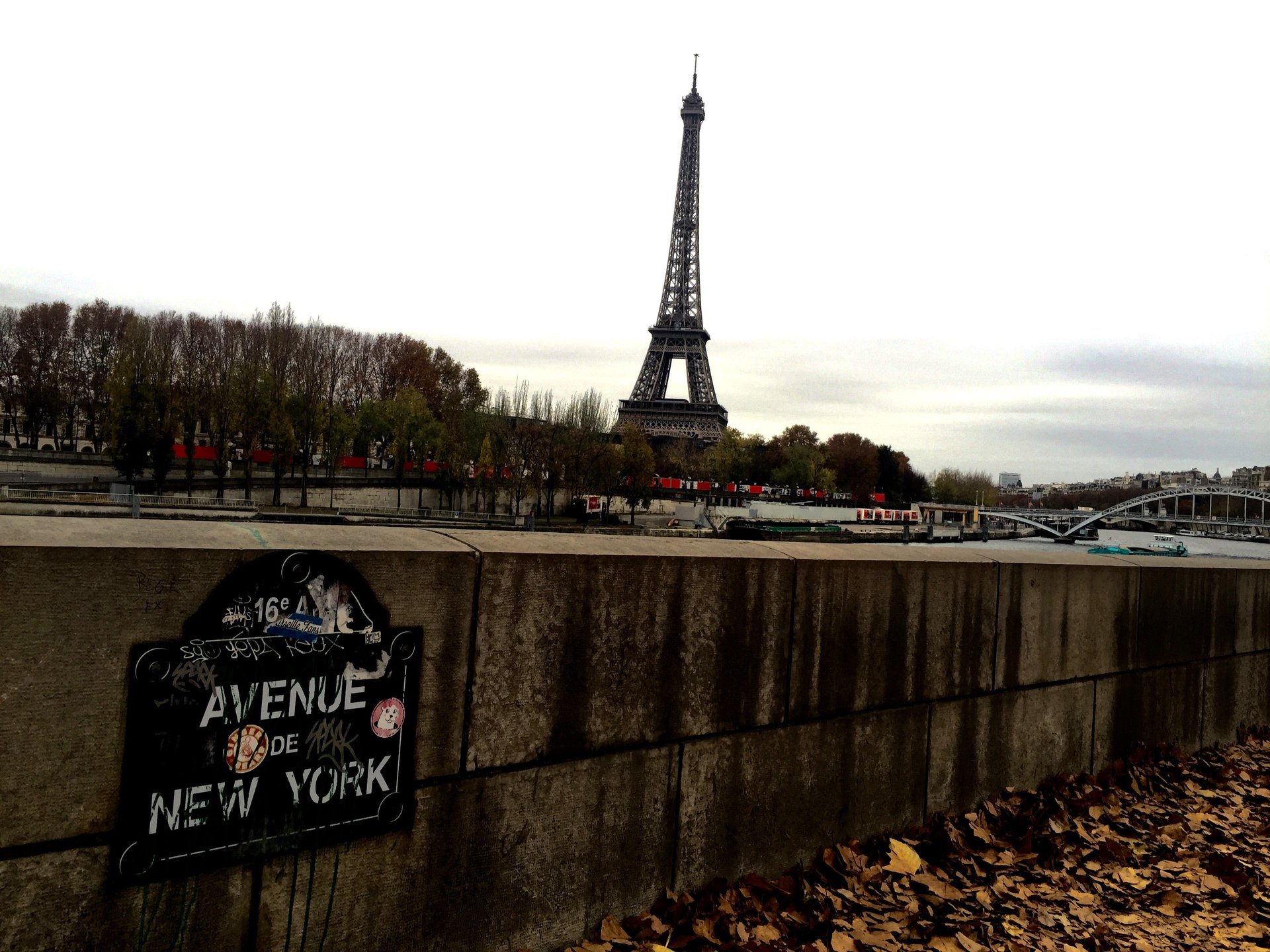
When New York was attacked I felt a terrible sense of guilt for not being there. So many friends were profoundly injured by what happened there, in one way or another, and I was in Texas at the time, and didn’t experience it the same way.
Now I know.
Though I wasn’t near the Paris attack sites, my mother texted me, asking me to please find an earlier flight home. I am a mother myself; I could feel her anxiety and the hopelessness of wanting to do something, anything. My older son told his friends where I was; now he says I have a sort of badge of honor with kids half my age.
There’s nothing righteous about being on the scene.
I wanted to cry, but knew if I did, I wouldn’t be able to stop.
Before the attacks, the light was magic, the air fresh. Children were skateboarding down the street, and earlier in the week you didn’t need more than a t-shirt—it was unseasonably warm. From a photographer’s point of view, it was a good time to be in Paris.

The day after the attacks, it was not just the people of Paris, but the buildings, the trees, the sky, the whole ambiance of Paris was in mourning—gloomy and somber. It didn’t feel like it was going to rain; the light was gone. It was poetic in a way.
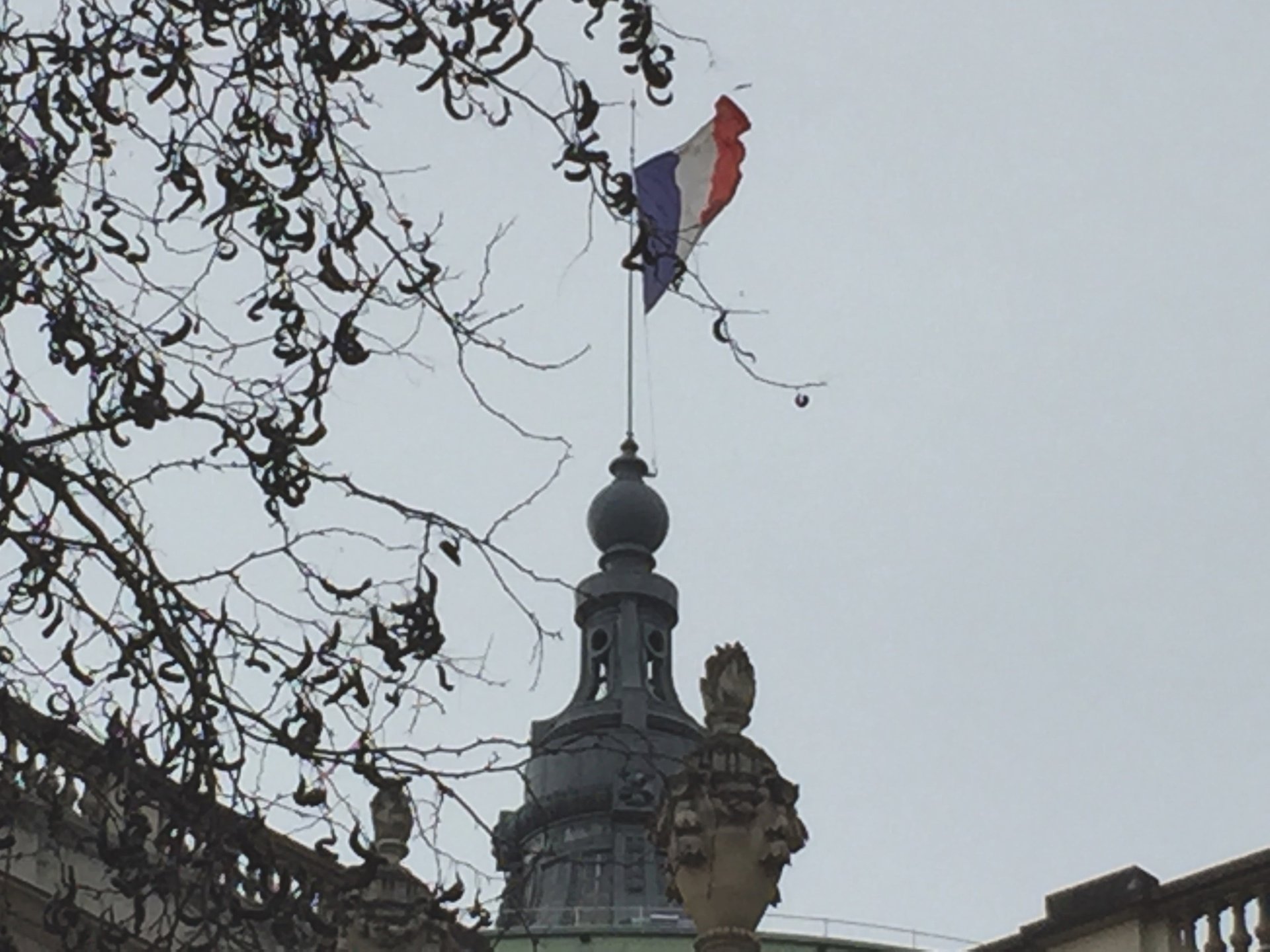
The Getty Photo Council came to Paris to experience the fair together, and many of the photographers and dealers that I’ve come to know over the years are here. I sent text messages to many of them to ask that if they were in safe places. I don’t know what I could have done to help if they weren’t.
The morning after the attacks, more than 50 of us from our group had our annual breakfast together. It was like being with family. We tried to keep it light, as we checked with each other to make sure everyone was accounted for.
A waiter at breakfast dropped a big silver tray—there was a perceptible hush as if we were waiting for a second explosion. When nothing happened, we all turned back to conversation. Everyone’s nerves were frayed.
After breakfast, I walked to the Eiffel Tower. I needed to know that Paris was still Paris.
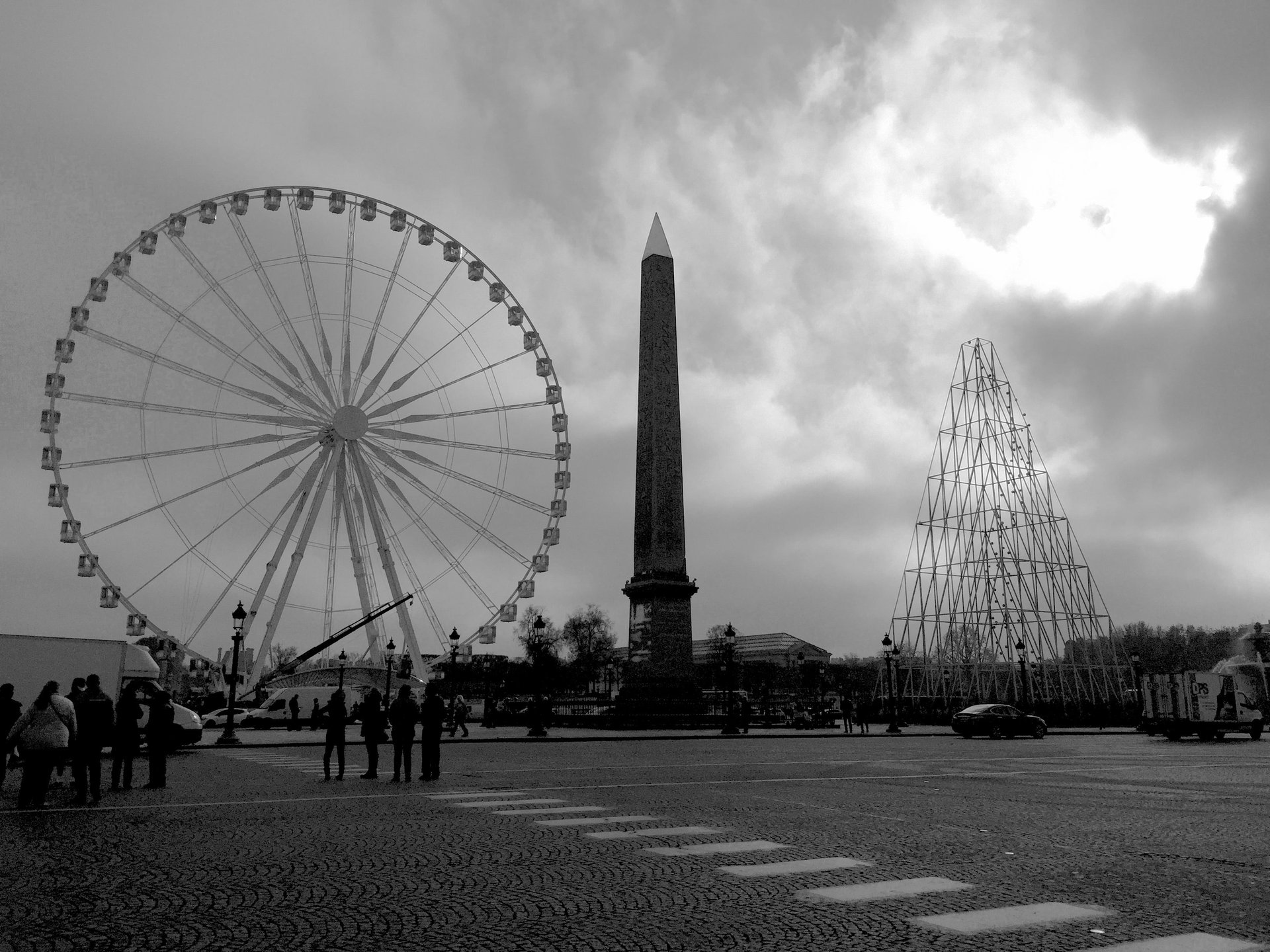
At the Eiffel Tower there were Gendarme in fatigues with automatic rifles, spread three across, pacing back and forth under the Tower, crossing with teams of French police. A police van was parked on the street.
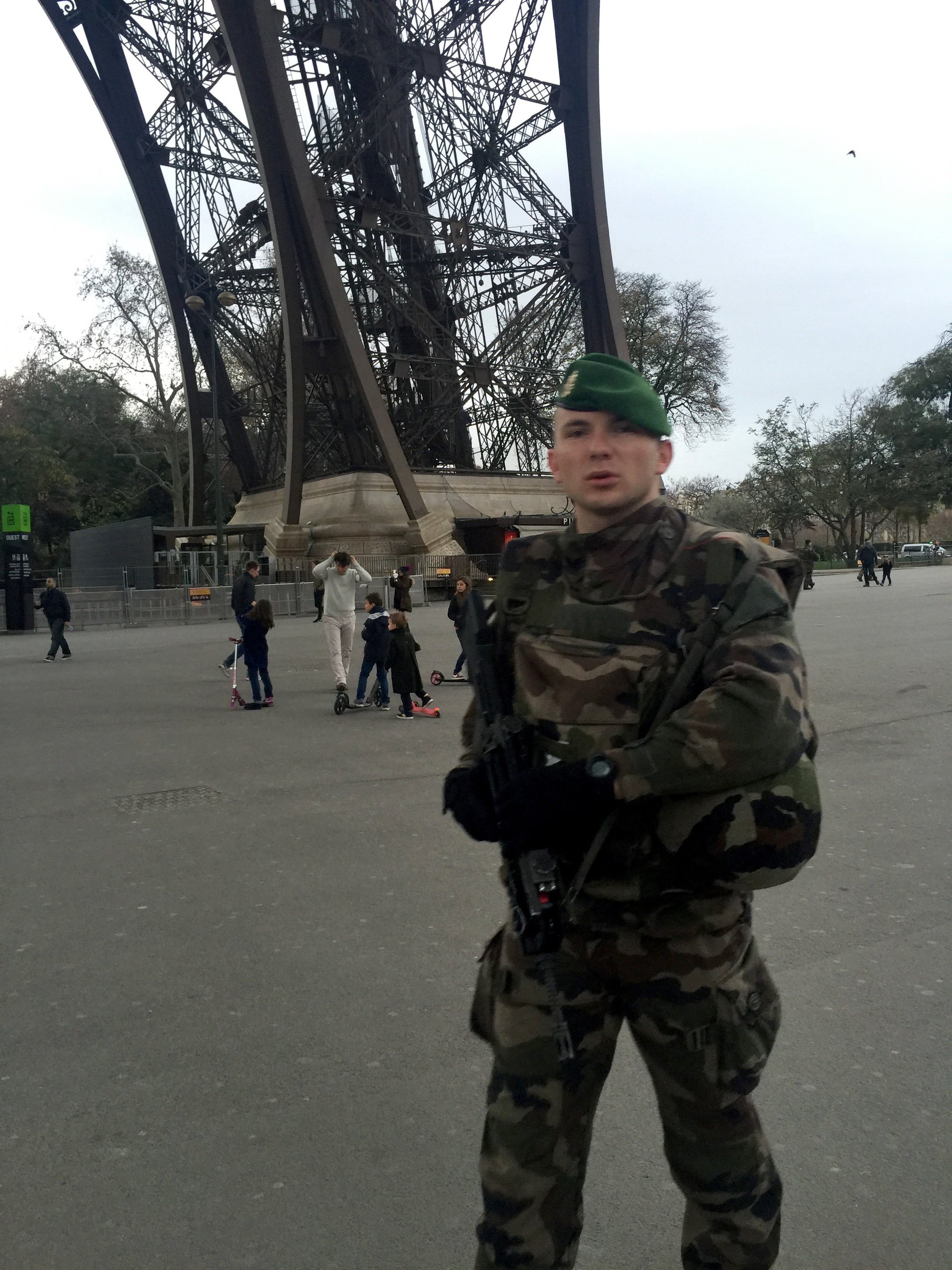
I had a conversation with someone at home pleading with me to stay away from museums and public places—Paris Photo in particular seemed like it would be a dangerous place because so many visitors would be there. So I was prepared not to go back into the Grand Palais, my favorite building in Paris, but when I learned that Paris Photo has been closed permanently (and may not reopen there next year due to refurbishments) I had to go back to say goodbye.
The night before the attack, I thought how remarkable it was that I could walk right up to the building, alone and in the dark, to take atmospheric photos of this graceful, old monument to French art. It had reopened in 2007 after falling into disrepair and staying closed to the public for nearly 15 years.

When I photographed it the evening after the attacks, it was cordoned off with the same red and white police tape that are on all the sites that were terrorized Friday night. I took one last photo of the building as the tape cracked in the wind, and snapped off a piece that was loose on the ground to bring home with me as a remembrance.
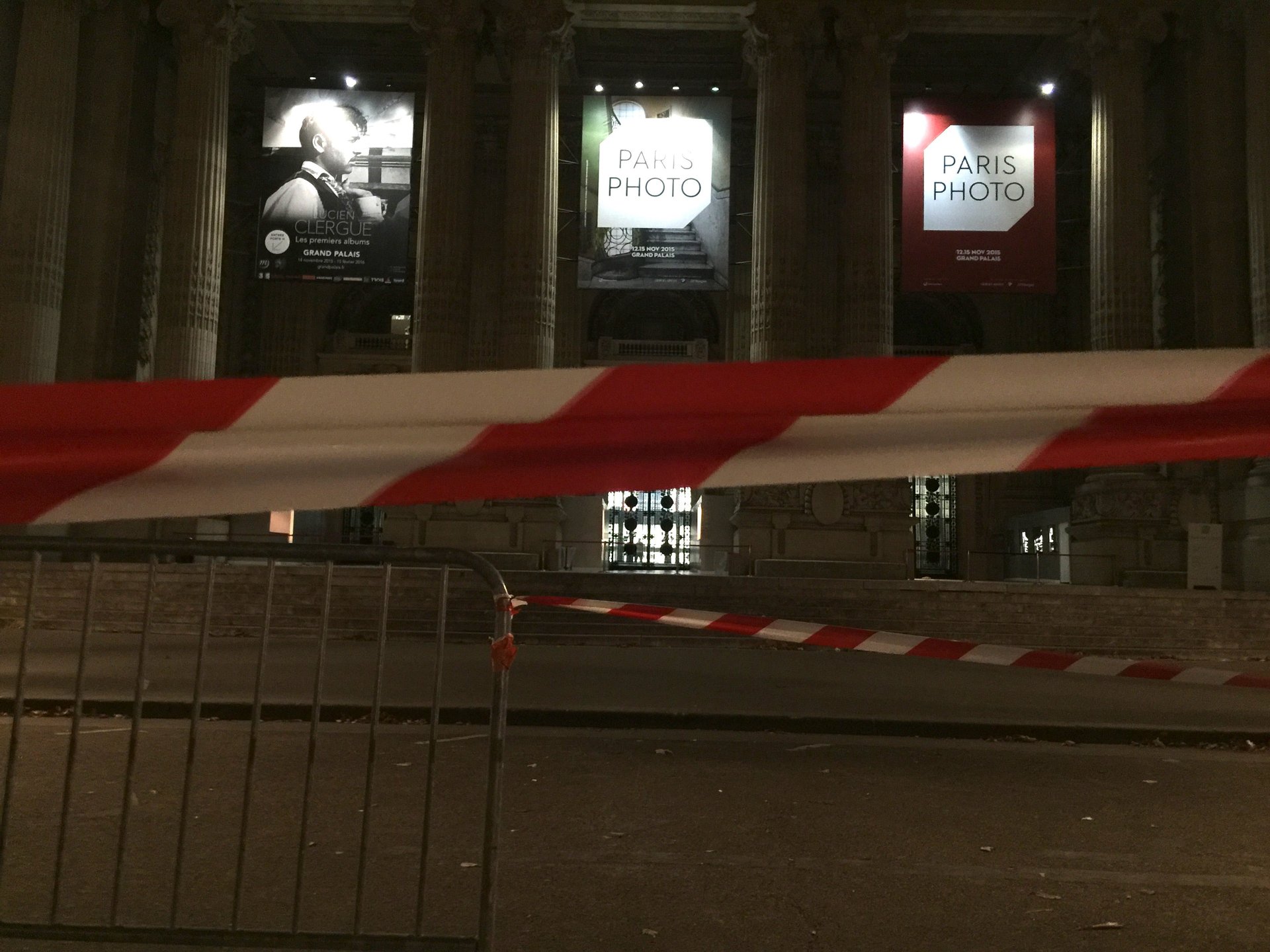
The phone is becoming a lifeline and a menace. I can’t look away but I can’t turn it off. I check each text compulsively. My children seem to know exactly what to say in their text messages. They renew my hope in people, and the future. But there is also the dread that with any text, there’s the possibility that I’ll learn another bomb has gone off, hostages have been taken, we are under lockdown, or that someone I care about is lost.
Mostly the texts I’m receiving are from concerned friends and family telling me to hurry home. I know each means that they care, that they want me to be safe. I can’t come home quickly, though. The borders were closed for awhile, and now that they are open, I imagine the airports and train stations are flooded.
And I want to stay still and absorb what has happened.
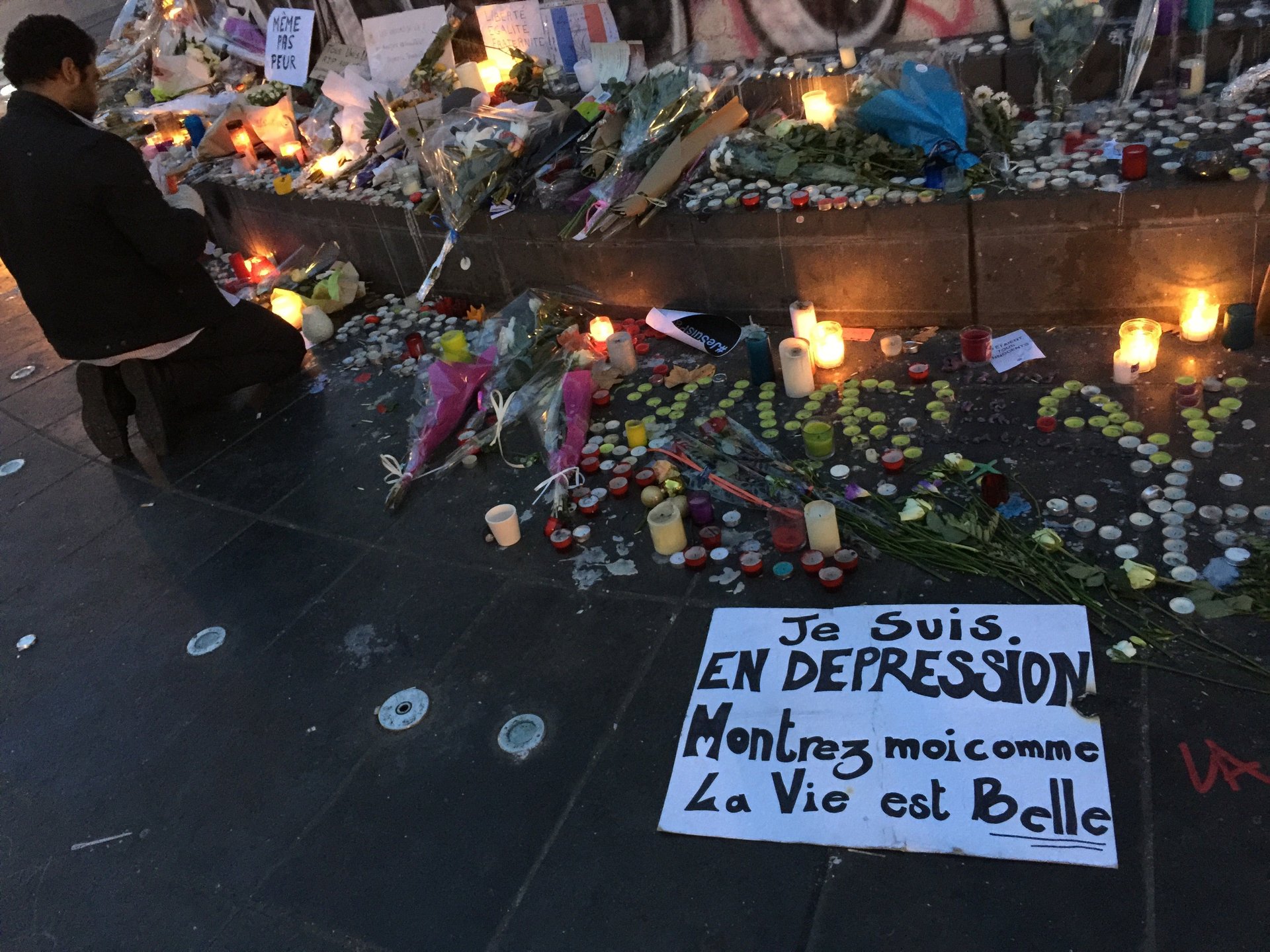

Today, Sunday, I woke up to a different Paris. The sun came out again, and people are coming back out onto the streets as if in defiance of those who would like to crush a beautiful way of life.
Museums and shops are still closed, so parks are overflowing with parents and their children. There’s a clear sense that a tragedy has happened here, but also, another beginning.
